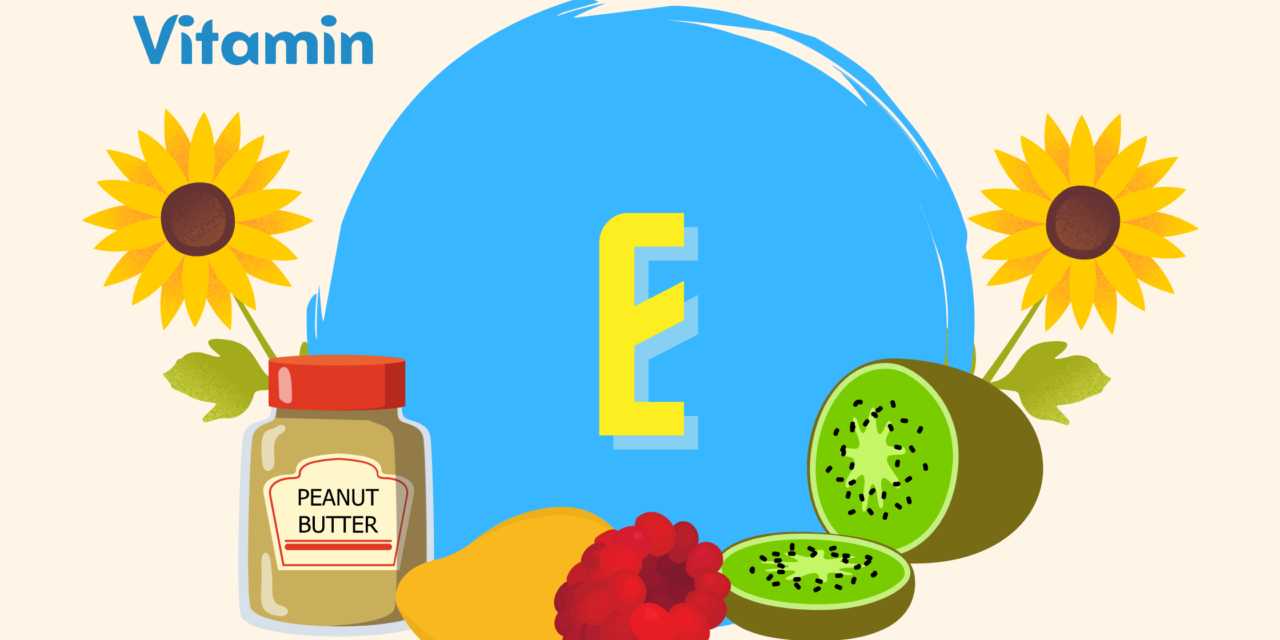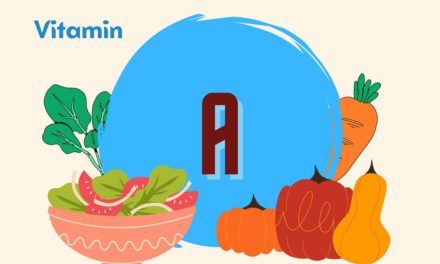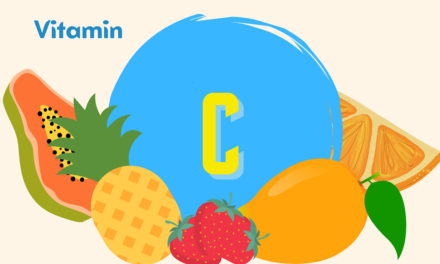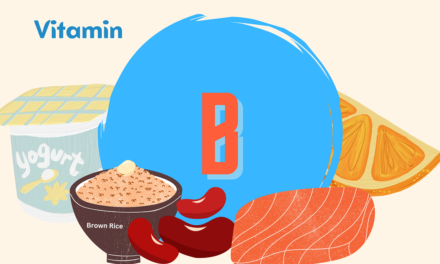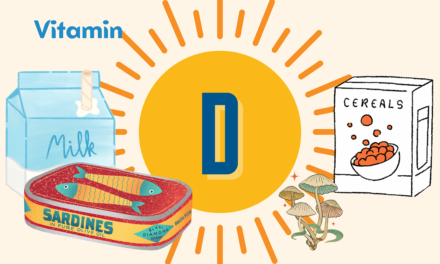Before we learn about vitamin E and its extremely important role in maintaining your health, I want to tell you why I am covering nutrition on Soulo.
The reason I am doing this series is that many times our cognitive or physical abilities are hampered, and we feel sick or demotivated because of improper nutrition, and not because we are disabled in any way. So, such a hidden roadblock must be brought to light and removed because it comes between us and the attainment of our goals.
In a previous larger article, I covered nutrition in general and how to properly consume the 6 essential nutrients your body needs for health and fitness. Building upon that I am doing a series of articles to expound on those nutrients and help you find the best sources of carbohydrates, lipids (fats and oils), proteins, vitamins, and minerals.
Because just telling you how to consume them properly won’t help. I must tell you where to get the best quality.
So, in this article, we will cover the best sources of Vitamin E, understand its functions in necessary detail, and comprehend what its deficiency can result into.
Please take note that I am doing this based on thorough research on the internet and from the benefits or trouble I have experienced by adhering to a healthy or unhealthy diet.
So, although all the information presented here is from trusted sources this is simply a guide and not professional advice.
I strongly recommend taking professional advice if this article sparks that curiosity in you.
Basics of Vitamin E
Vitamin E is a fat-soluble vitamin and is found in many foods which include vegetable oils, cereals, meat, poultry, eggs, and fruits.
Vitamin E is important for the health of your vision, reproduction, blood, brain, and skin. It’s required for the proper function of many organs in the body. It is also an antioxidant.
Naturally occurring vitamin E is known as RRR-alpha-tocopherol and man-made vitamin E found in supplements is called all-rac-alpha-tocopherol.
Fat-soluble vitamins like vitamin E should be consumed with dietary fat for them to be transported and used throughout the body efficiently. Luckily for us, nature has made this easy as vitamin E is largely found in foods that also contain fat. There are, however, plant-based sources of vitamin E too.
As an antioxidant, this vitamin protects your cells from oxidative stress. Its deficiency can make you more prone to infections, impaired eyesight, and muscle weakness. Vitamin E also enhances immune function and prevents clots from forming in heart arteries.
Fortunately, vitamin E is found abundantly in all kinds of foods. Unless your nutrient absorption is impaired it’s unlikely that you will be vitamin E deficient.
Top Benefits of Vitamin E
As we learned above that vitamin E is an antioxidant and protects our body from damage caused by free radicals. Free radicals can harm cells, tissues, and organs. They are known to play a part in aging. Vitamin E also strengthens our immune system and helps form and widen red blood cells, preventing blood clotting. The absorption of vitamin K is also supported by it. Other than these let’s dive into a few other key benefits.
Might Prevent or Delay Cognitive Decline
In order to think, learn, and remember things effectively you need excellent cognitive health.
A balanced and nutritious diet is great for maintaining cognitive health and preventing age-related cognitive deterioration. Cognitive deterioration in extreme forms is dementia and Alzheimer’s.
Vitamin E can help you prevent it.
Protection from Skin Disorders
Dermatology has been recommending vitamin E to protect skin from free radical damage. When consumed orally it also supports faster healing of wounds.
Best Food Sources of Vitamin E
- Sunflower Seeds
- Sunflower, Soybean, and Safflower Oil
- Peanuts and Peanut Butter
- Almonds
- Spinach, Beet Greens, and Collard Greens
- Pumpkin
- Red Bell Pepper
- Mango
- Avocado
- Hazelnut Oil
- Kiwifruit
- Pistachios
- Cashew Nuts
- Olives (pickled)
- Cranberries (dried)
- Blackberries
- Pecans
- Rice Bran Oil
- Pumpkin Seeds
- Raspberries
- Apricots
As of now, there has been no evidence of toxicity caused by vitamin E consumed from natural sources. The harmful effects of supplement use have also not been recorded yet.
Still, in rare cases, there could be certain side effects.
Side Effects
- Diarrhea
- Nausea
- Intestinal Cramps
- Fatigue
- Weakness
- Headache
- Blurred Vision
- Rash
- Gonadal Dysfunction
- Increased concentration of creatine in urine.
Therefore, it’s ideal to get your dose of vitamin E from natural sources on a regular basis and avoid overdosing with supplements by figuring out the recommended value for your body’s needs.
When buying supplements choose brands that have voluntarily opted for third-party testing of their products to ensure that you receive high-quality vitamins, minerals, and other nutrients.
Conclusion
Most people in the world won’t be at risk of vitamin E deficiency as it’s abundantly available.
Increasing your vitamin E intake is also not difficult. The easiest way to do this is to add some almonds and sunflower seeds to your diet.
When consuming vitamin E from low-fat sources like vegetables and fruits, make it into a salad and add some oil to it to boost its absorption.
Ensuring that you eat a varied diet filled with numerous vitamins will put you on the path to living a healthy life.
Always ask a doctor before taking any supplements to be sure they will not interact with any of your medications or cause any unnecessary side effects.
These are the basics of vitamin E. If you want to continue learning about other vitamins then just click on the names of A, B, C, D, and K and it will take you to their corresponding articles.
To learn about the best sources of carbohydrates, lipids (fats and oils) and proteins visit their pages.
If you want to get an overview of nutrition then read the article “6 Essential Nutrients that Your Body Needs and How to Consume them for Fitness”. To learn about the basics of exercise read the article Basics of Exercise and How to Select Appropriate Activity Levels for Fitness.
I would also encourage you to check out the article on Pranayama, which I believe is one of the best ways to enhance our health and uplift our spirits, apart from good nutrition and exercise, and on the same wavelength also read the article on sound healing which is a scientific and spiritual discussion on the healing power of sound and frequencies.
I hope you get tons of value from this series and if you do then consider subscribing to Soulo’s YouTube channel or following it on Instagram. You can also join my newsletter list by using the form below.
Thanks for reading and I hope you apply everything you learn on Soulo Motivation and enhance your life one day at a time.

